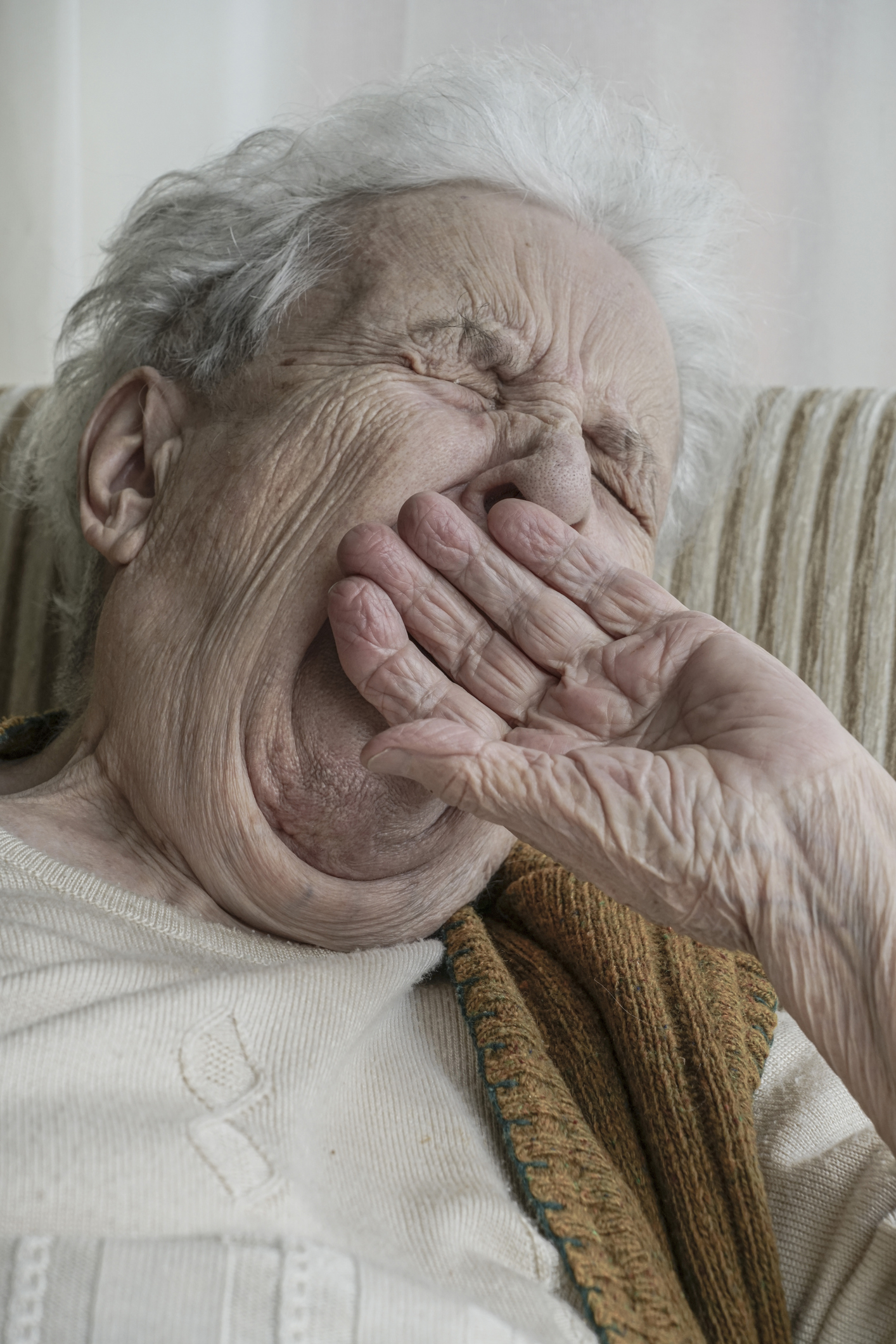For many older adults, a restful and rejuvenating night’s sleep is just out of reach creating an endless cycle of waking at odd hours, unable to get back to sleep and beginning each day exhausted. And new research is linking poor quality of sleep common among older adults with difficulty storing new information and retaining short-term memories.
According to a new study, published in the journal Neuron, out of the University of California, Berkeley, older adults have less brain wave coordination resulting in decreased ability to store new memories. Study participants in their 60s and 70s, although free from dementia or Alzheimer’s Disease, appeared to have misfires in brain wave synchronization that were not present in younger adults who performed better on memory tests.
There is good news for the aging brain that comes out of this ground-breaking study. Researchers believe that with electrical or magnetic pulses, the brain waves can be brought back into sync, restoring a sharper working short term memory. This could be big news for older adults who have a desire to continue working past retirement age offering them a new way to remain competitive, sharp and relevant. It is also exciting for seniors aging in place who may be better able to manage their own care and independent living longer into old age.
And for those who have come to rely on sleep aids or who have exhausted the options available to get a better night’s sleep, a drug-free treatment to improve sleep in older age may be just around the corner. With better deep sleep, older brains may function better and seniors may finally be able to shatter the stereotype that forgetfulness is a normal part of aging. More research is planned and offers exciting prospects for older adults and possibly even for those with dementia.
To read more about the study, follow this link to the journal Neuron.






Add Your Voice
0 Comments
Join the Discussion